When my father-in-law, Cliff, died in March 2021 after being diagnosed with an aggressive and late-caught cancer, he didn’t leave any funeral plans. Nor was there money squirrelled away to pay for them, even if he had. He was an ardent atheist, so a church service was out of the question, and pandemic restrictions had been limiting guest numbers, so my wife, Hayley, and her siblings decided to opt out of having a traditional funeral. Instead, they chose “direct cremation”, a service that minimises formalities – and, crucially, the cost. There is no funeral service; the coffin is simply brought into the crematorium before it is cremated, after which the ashes are returned to the family.
During an online consultation with “death specialists” Farewill, Hayley was quoted £1,062 for a direct cremation, more than £3,000 cheaper than the current average cost of a basic funeral. The only catch was that no one would attend the cremation, aside from those paid to carry it out. It seemed a cruel choice to some, who could not get their heads around the idea that there would not be a funeral to attend. But Hayley explained why it seemed like the perfect option: they could obtain her father’s ashes without fuss and hold their own, intimate ceremony on the banks of the River Wye, where Cliff had loved to fish.
Although Cliff died in a hospital in Powys, Wales, he was cremated 140 miles away at a crematorium near Exeter. His ashes then travelled 220 miles east, with no limousine cortege in sight, to our home in Southend-on-Sea, Essex. The delivery man arrived holding a gift bag containing Hayley’s dad in one hand and a small bunch of flowers in the other.
Farewill’s co-founder Dan Garrett is something of a disruptor within the death industry. Death first inspired him when he was growing up in Golders Green in north London, where his family home backed on to the local crematorium.
“The walk with my family was always to the crematorium,” he says. “It was absolutely beautiful; I reckon it left some kind of resonance in my head.” He graduated from the Royal College of Art in 2015 looking for a gap in the startup market, and launched Farewill the same year. He felt that the funeral industry, with its monopolising practices based around local, family-run funeral directors, was ripe for revolution. Farewill branched out from its initial offer of online will-writing services (usually carried out by solicitors) after it noticed a pattern emerging among its customers.
“We were speaking to 20,000 people a year,” he says. “And we had a box [on the online form] that said: ‘What do you want to do with your funeral?’” And probably 80% of what people were writing was: ‘I just want no fuss, don’t wear black, nothing traditional, just something that represents me.’” Garrett realised this was “a great business opportunity”.
Farewill began doing direct cremations in December 2019, a few months before Covid hit the UK. The popularity of its services did not peter out with the pandemic, and now 20% of bodies are disposed of by direct cremation. Farewill rivals Pure Cremation recently predicted that 50% of the UK population will choose direct cremation within 20 years. Business has been bolstered by a generation of tech-savvy consumers navigating a cost of living crisis and a stagnant economy. It is not exclusive to the UK: the US is experiencing a similar shift in the funeral industry, as detailed by the New York Times.
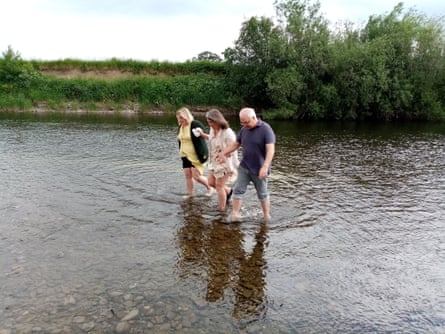
According to the Cremation Society, up to 80% of people are cremated in the UK, which is above the average globally – although this is still behind Japan, where almost everyone is cremated – but it hasn’t always been the case. As Jessica Mitford (who, like David Bowie, opted for direct cremation) wrote in The American Way of Death, there were just three cremations in the UK in 1885 – the first year of its legalisation, after a hard-fought period of campaigning. Today, the vast majority of the UK would rather be incinerated, perhaps for reasons similar to those articulated by George Bernard Shaw in the 1940s: “Earth burial, a horrible practice, will some day be prohibited by law, not only because it is hideously unaesthetic, but because the dead would crowd the living off the Earth if it could be carried out to its end of preserving our bodies for their resurrection on an imaginary day of judgment.”
Despite its growing popularity, fightback is brewing against direct cremation, nicknamed “burn and return” by those who oppose it. “Direct cremation interrupts both this sacred understanding of the dead body and the sense that it has deep and powerful spiritual value,” wrote Anne Richards, public policy adviser to the Church of England, in June. “Whether offered overtly or not, such a no-fuss service undermines the sense that a dead body is worthy of respect, care, dignity and love. Why spend money on something worthless?”
Writing in the Spectator, Ysenda Maxtone Graham, in a piece that described the process as “a lonely end for one’s mother or father, or indeed oneself – and actually quite expensive for what happens, which is basically waste disposal”, said: “You can see how – as with assisted dying – the elderly could be pressurised into going for this option by the death-averse, non-religious and hard-up young.”
But looked at another way, direct cremation has demystified an industry that has long been accused of overcharging grieving families. The “cost of dying” in the UK, including professional fees for administering the estate, a simple funeral service, and all optional extras like the party or wake, has this year hit a record high of £9,797, according to Sun Life’s annual study, while 6% of funerals are now crowdfunded.
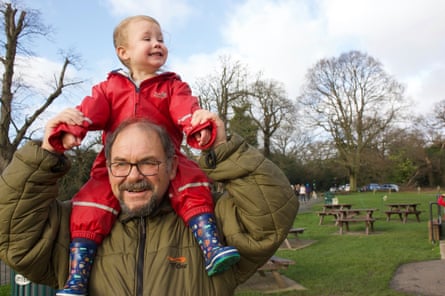
In February 2025, Farewill was sold to Dignity, one of the largest funeral companies in the UK, which operates 45 crematoria. In the office of Dignity’s Bentley crematorium, just outside Brentwood, Essex, manager Ian Best says he still calls direct cremations “unattended cremations” out of habit. It is a hangover from the days when the only cremations without family or friends were “pauper’s funerals”, paid for by the council if there were no relatives to cover the cost (thanks to the cost of living crisis, the number of such funerals, now known as public health funerals, has risen by 47% in England in the last seven years). Before the pandemic, Best says, unattended cremations only happened at Bentley every three or four months. Now, they count for roughly a third of all cremations that take place there.
“It’s definitely changed the industry massively, and I think we’re learning as we go,” says Best. “It’s uncharted territory for us.” The biggest change, he says, “is just the fact that people aren’t here. I’m so used to being here, looking out of the window, seeing the car park full up, and hearing people – to then think, oh, there’s no one outside, but I’m still attending a funeral.”
But in many other ways, you would be hard pressed to tell the difference between a direct cremation and a service attended by mourners. “I always emphasise the fact that we do it exactly the same here, regardless of whether it’s attended or unattended,” says Best. “You’ll still always come through the front [of the chapel], we’ll always have music on, we’ll always bow, we’ll always have the curtains, there’ll always be that element of respect.” Imagining it reminds me of another echo of the pandemic – catching highlights of Liverpool’s winning Premier League campaign when there were no crowds; all that ceremony, but with no one to share it with.
I first arrived at Bentley shortly after a direct cremation and family members were standing outside chatting, having said their final goodbyes. I ask Ian if he minds people attending direct cremations in this manner, when they are advertised as “unattended” (and this is reflected in the price). Quite the contrary, he says: when he noticed them congregating, he turned the speakers on outside and played music as they watched the funeral directors take in the coffin. “Theoretically, an unattended funeral should just be the funeral director bringing the loved one in the coffin: there’s no family,” he says, but he is open to families watching, and sometimes invites people in to sit at the back, to help them grieve for their loved one. “I’m not going to turn people away. It doesn’t cost me anything.”
Some funeral directors suggest that the way direct cremations are sold is too pushy. Pure Cremation is one of the country’s biggest direct cremation providers, with an enormous crematorium in Andover, Hampshire, and a multimillion-pound TV advertising spend, with commercials shown primarily during daytime hours to catch the retired demographic most likely to buy funeral plans. Their adverts are all over social media, too. I saw one advert promising a free afternoon tea, up to the value of £50, when buying a direct cremation through the company (“Offer ends 31 August”).
The rise of direct cremation, as well as the backlash, goes some way to addressing a fundamental question about death: what, or who, are funerals for?
“Funerals have always been for the living,” says Martin Stibbards, whose family funeral directors in Essex offer everything from a full horse-drawn funeral cortege that harks back to their Victorian roots to their own direct cremation service. “You don’t know you’re at your funeral, but your relatives do.” Stibbards says that the genius of the new direct cremation companies is that they have flipped the decision from the family to the living, directing their advertising towards those making their own funeral plans. “Grief is difficult. You might think it’s all very good when you’re sitting in your living room and you’re not dying and thinking: ‘Yeah, I’ll just sign up, this is going to be great for my family.’ But when the reality happens and you’re whisked off somewhere without anybody knowing where you are … grief can be very complex.”
It feels inadequate, somehow – but not because of the cremation process itself. Rather any attempt to mark the end of a life feels unsatisfactory. And nothing – direct cremation, a princely burial after a multi-vehicle cortege, or lighting up the sky with fireworks like Hunter S Thompson – can change that.

 4 months ago
47
4 months ago
47
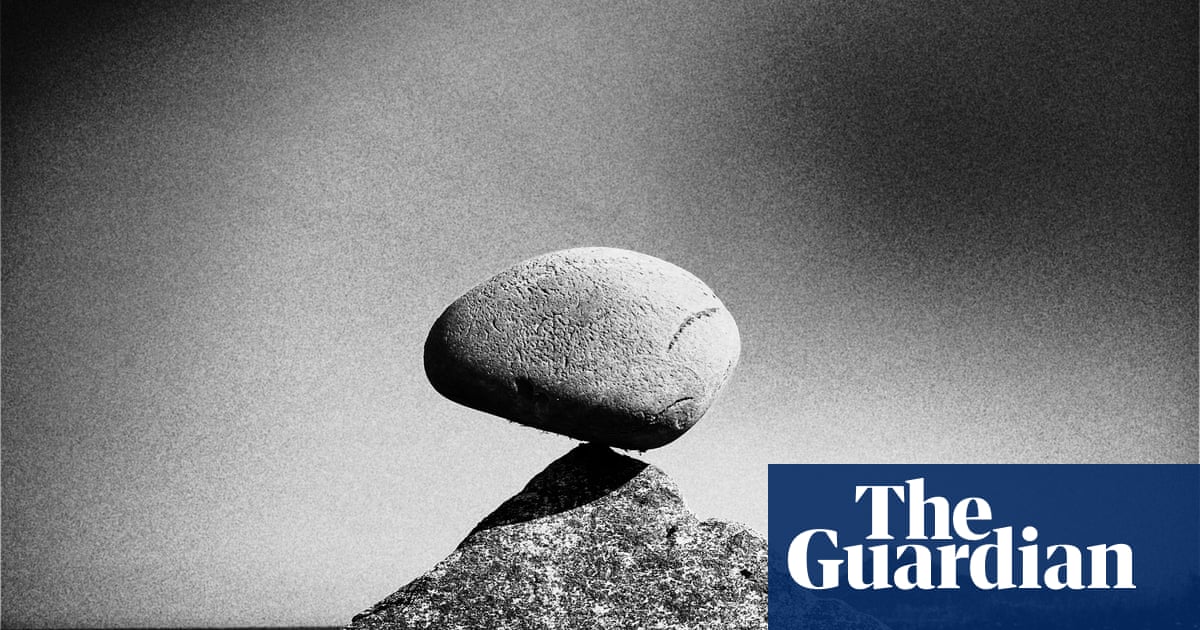
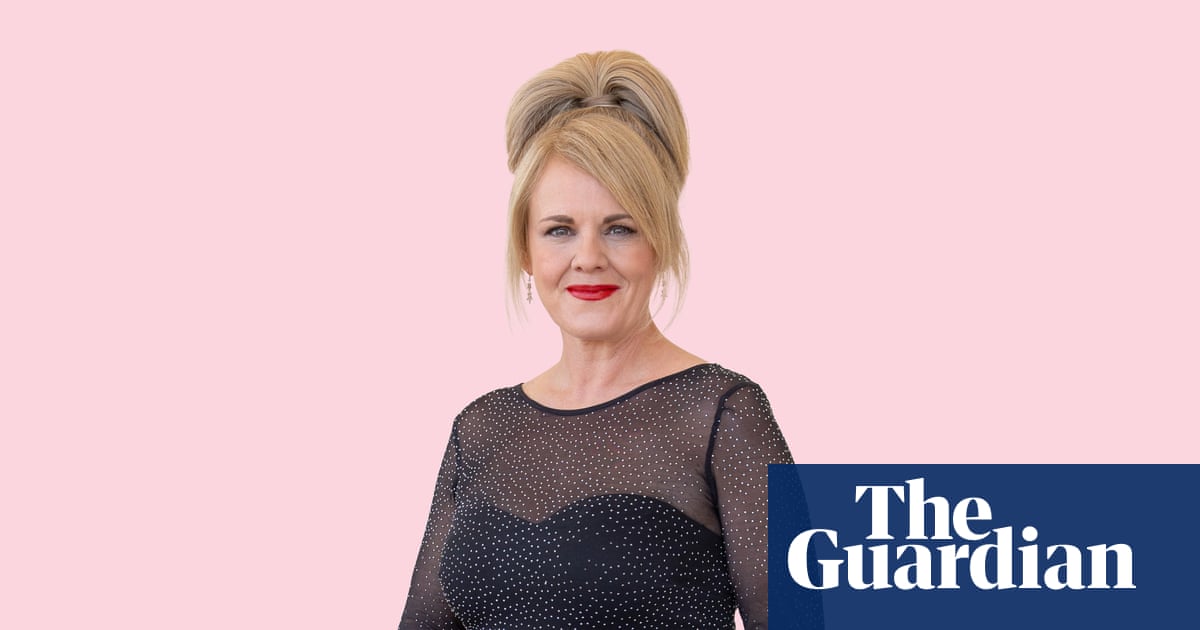
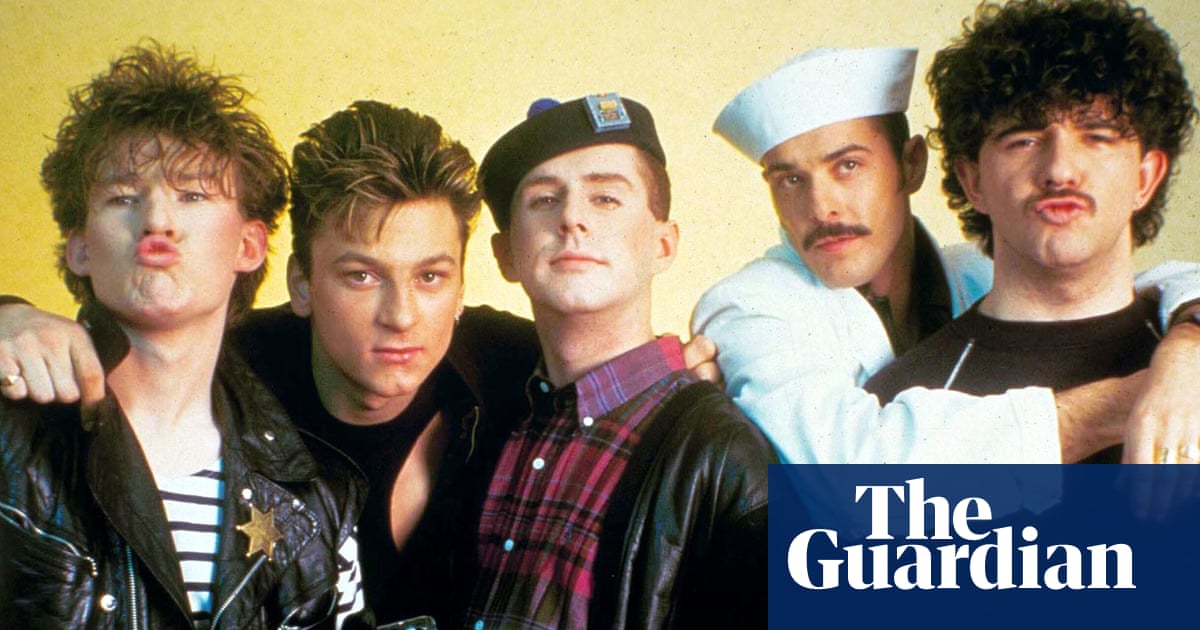
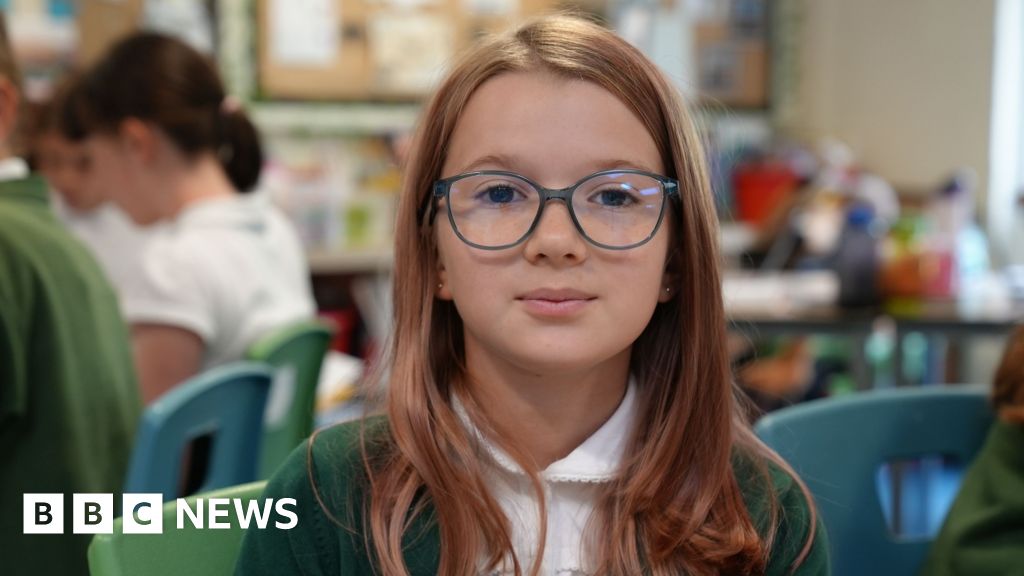
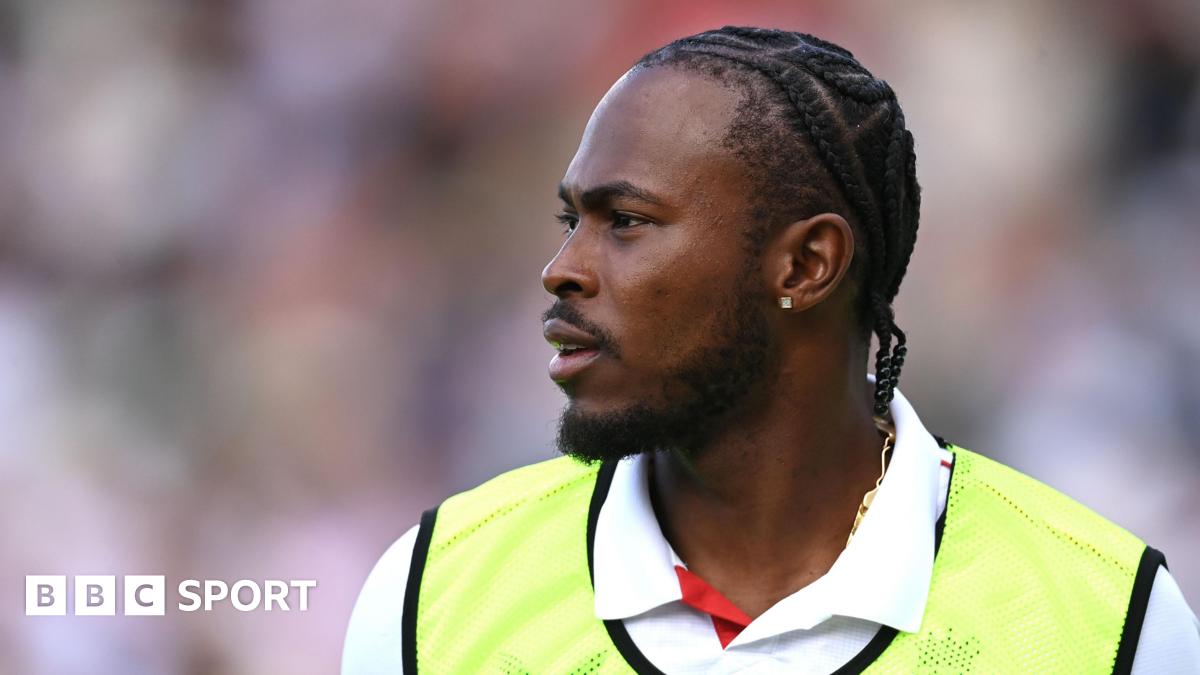
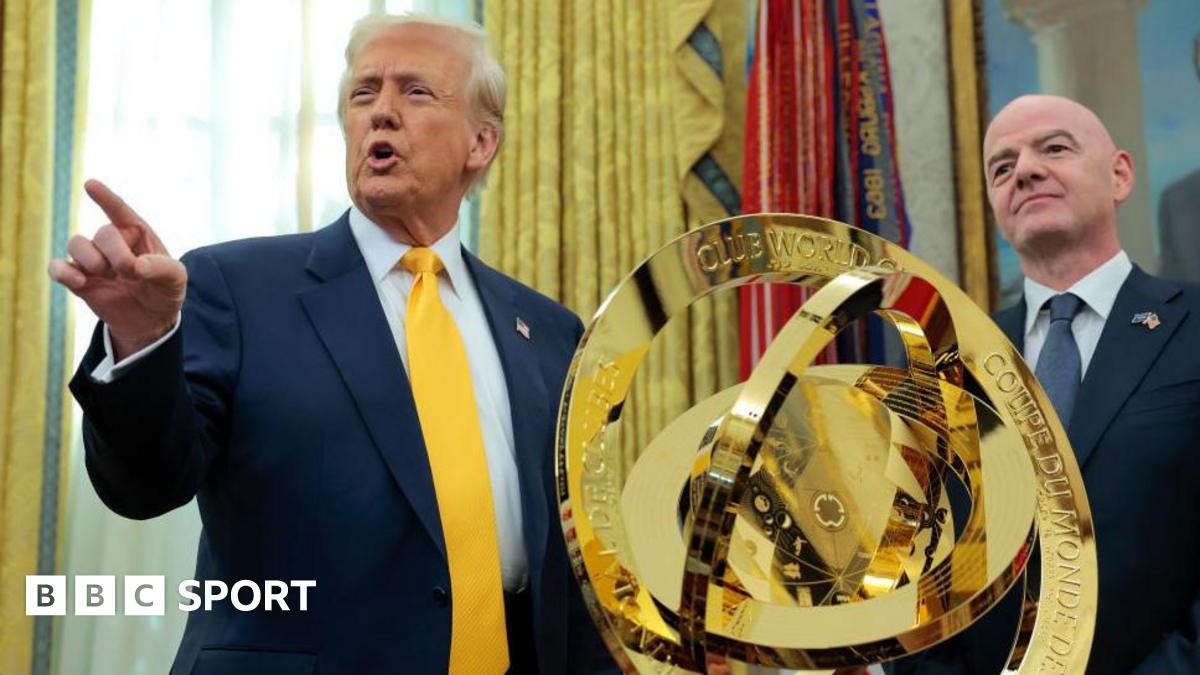
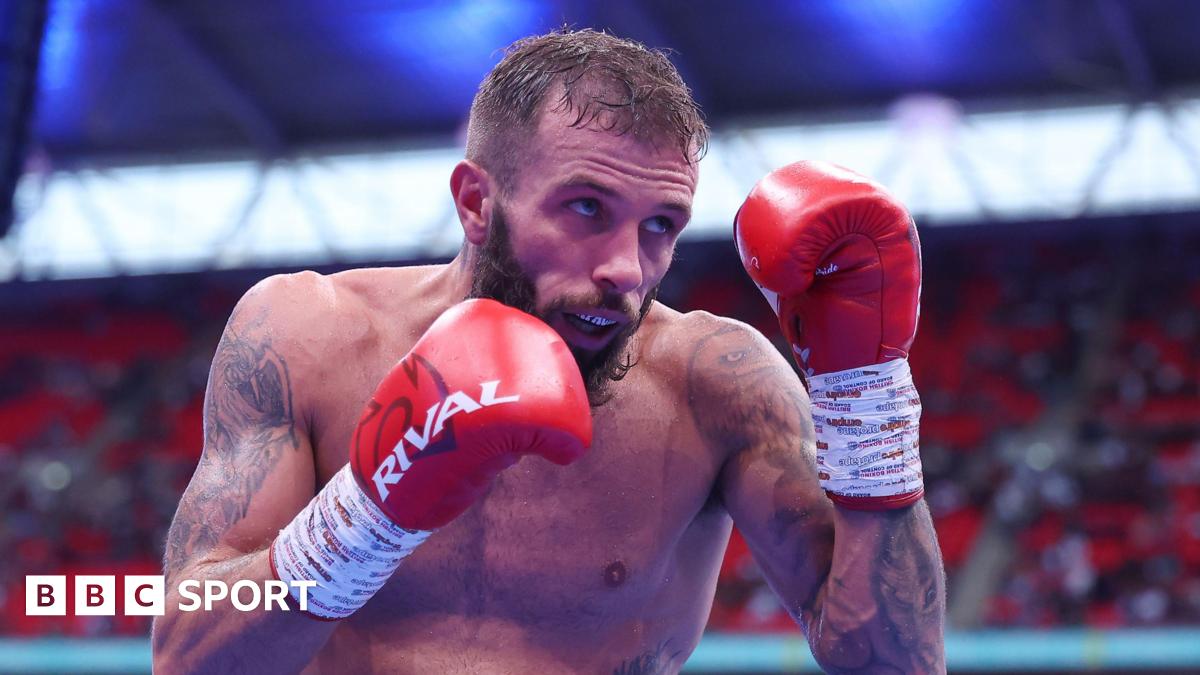
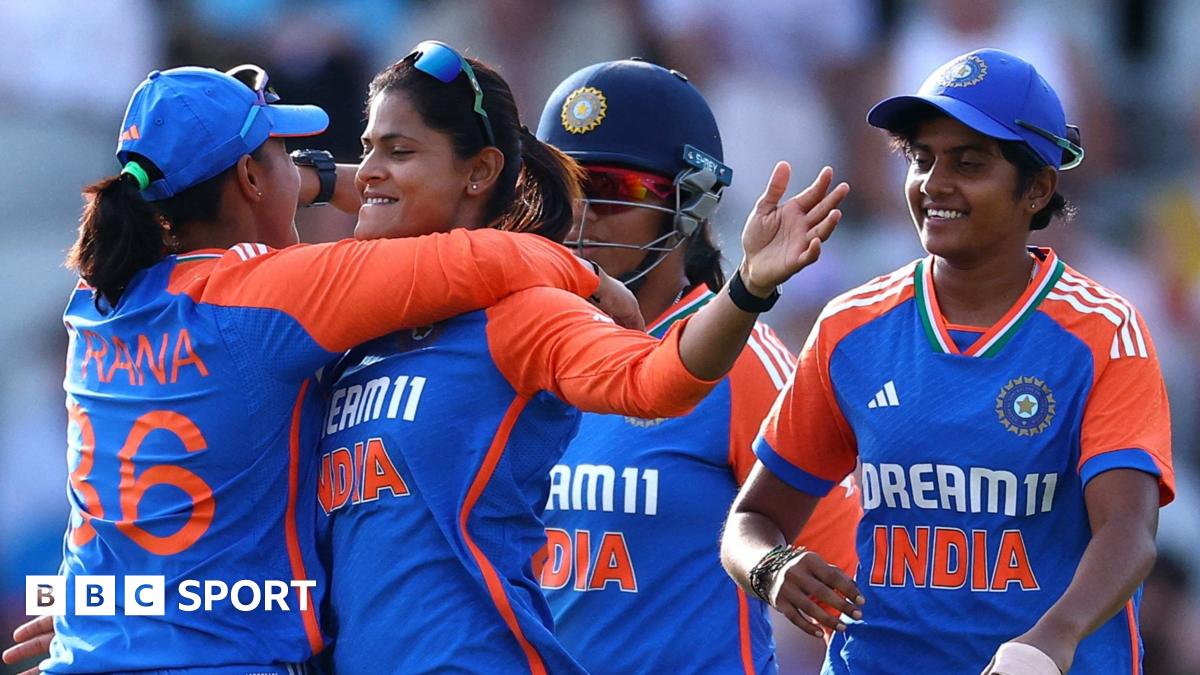
 English (US) ·
English (US) ·